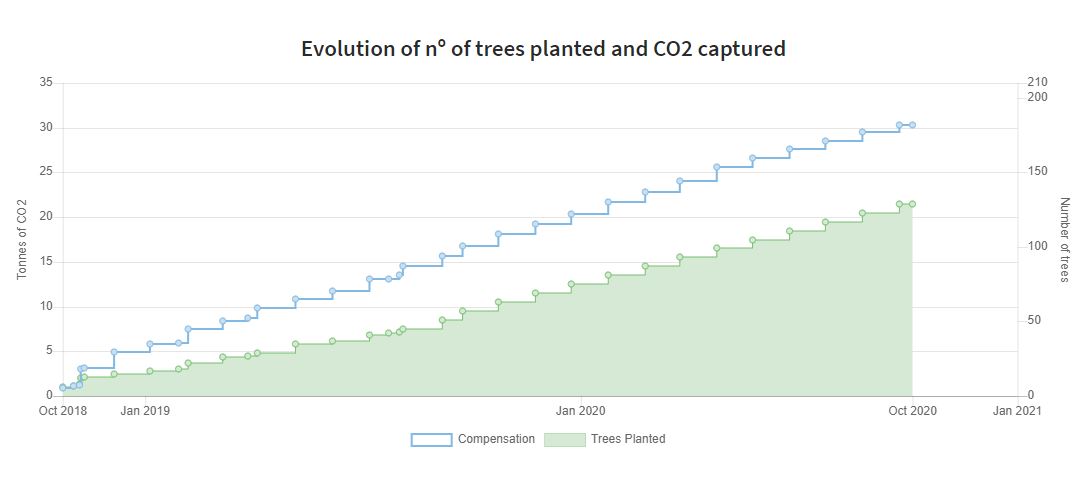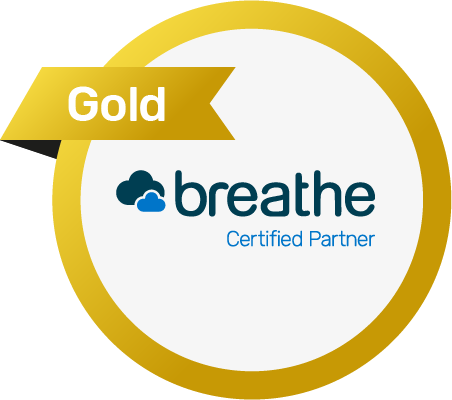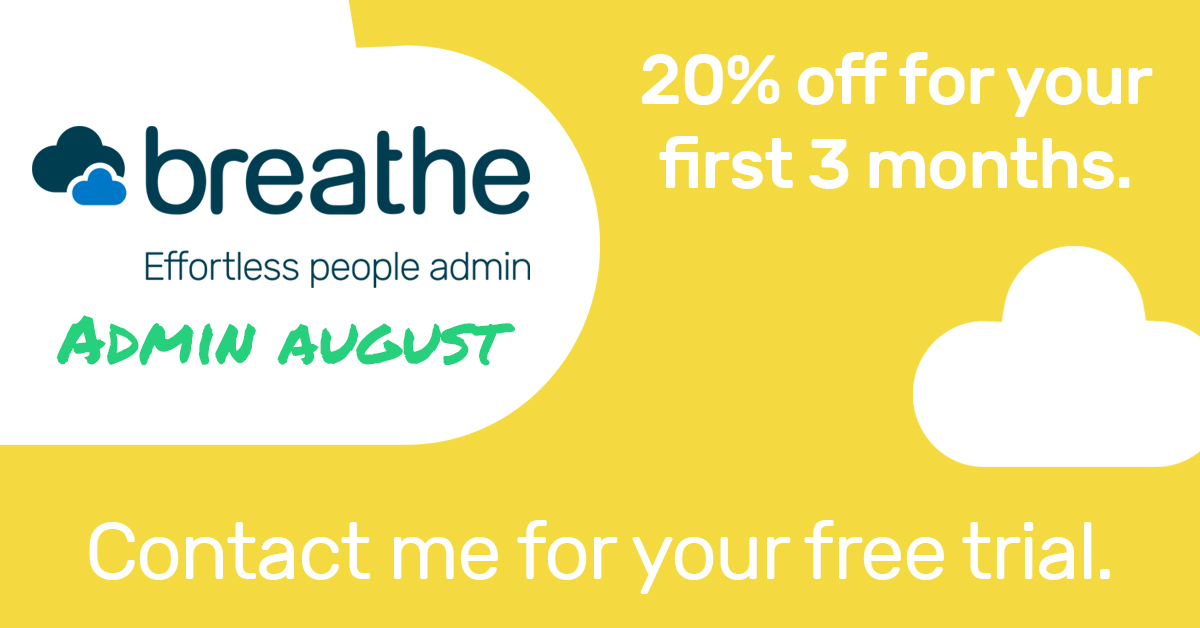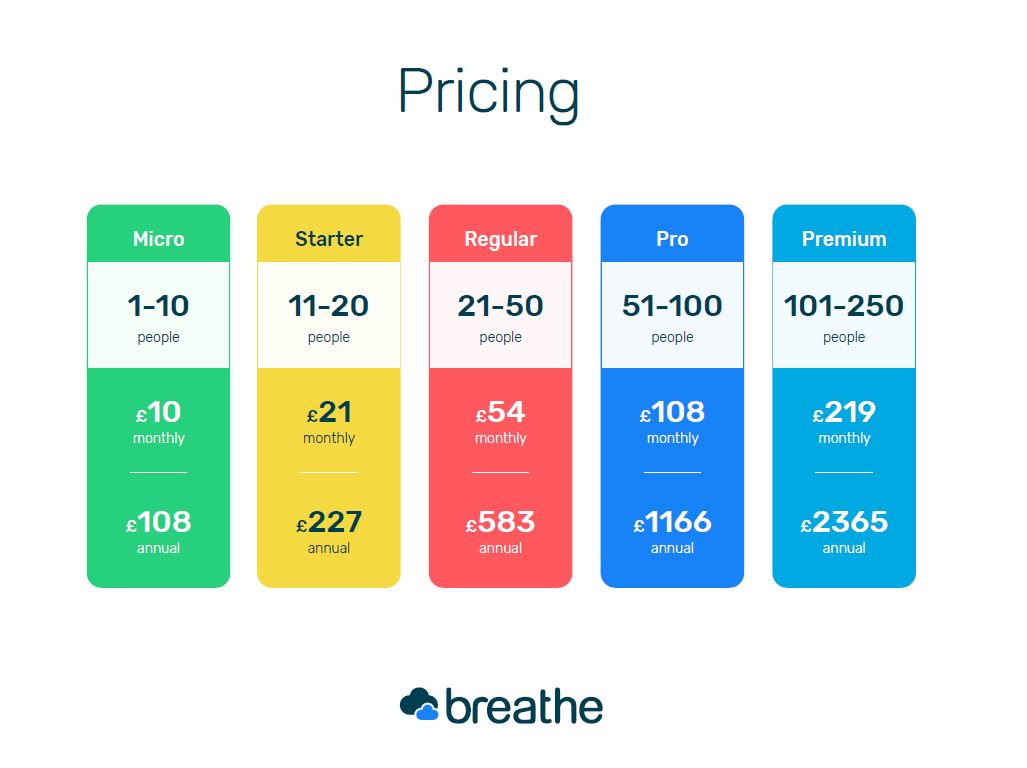The world of recruitment trends is constantly evolving, and staying ahead means adapting to the latest trends. From AI-powered hiring to a focus on employer branding, these changes are shaping the way businesses attract and retain top talent. Here are the five key recruitment trends we’re seeing this year:
1. AI-driven recruitment
AI is revolutionising the hiring process, making it faster and more efficient, with automated tools that will assist with candidate sourcing, screening, and initial assessments while reducing the time spent on manual tasks.
AI-powered chatbots and scheduling tools should improve the candidate’s experience by improving communication, whilst predictive analytics will help match candidates to roles more accurately, ensuring better hiring decisions.
One of the biggest benefits overall will be the reduction of unconscious bias, by standardising assessments and focusing on skills rather than subjective impressions.
Read more about the impact of AI on talent acquisition and recruitment.
2. Emphasis on employer branding
Today, job seekers are looking for more than just a salary. They want to work for a company that aligns with their values, culture, and long-term vision.
Having strong employer branding will help companies attract high-quality candidates whilst reducing employee retention issues. Strategies will range from showcasing company culture online to offering competitive benefits and professional development opportunities to appeal to the right talent. Companies will focus on creating a positive candidate experience, from job adverts to onboarding, to ensure a strong reputation in the job market.
3. Quality over quantity – making the right hire
Companies are looking at quality over quantity when it comes to making the right hires. They are moving away from high-volume hiring and favouring selecting the best possible candidates for long-term success.
Finding someone with the right cultural fit will be just as important as finding someone with the right technical skills.
Investing in thorough recruitment processes such as structured interviews and behavioural assessments leads to higher retention rates. Businesses are now prioritising employee engagement and career growth, ensuring that new hires integrate well and contribute effectively. Expert HR advice is becoming increasingly valuable in helping businesses navigate these changes.

4. Use of advanced analytics in hiring
Recruitment trends are becoming increasingly data-driven, with advanced analytics providing valuable insights into hiring trends and success rates. Businesses are using analytics to:
Identify hiring bottlenecks, to streamline the recruitment process and track candidate performance and retention rates to refine hiring decisions.
By understanding market trends and salary expectations, companies can attract the best talent.
Essentially, data-driven recruitment trends will lead to better decision-making and improved hiring outcomes. Businesses looking for ad-hoc HR support can leverage these insights to refine their hiring processes.
5. Shift towards skills-based hiring
Lastly, we’re noticing that traditional degree requirements are becoming less relevant, as employers are focusing more on practical skills, experience, and adaptability.
Skills-based hiring opens doors for a more diverse talent pool, including self-taught professionals and those changing careers.
Instead of relying solely on CVs, companies will adopt popular new methods for assessing skills. These will include skill assessments and work samples, as well as trial assignments to evaluate real-world performance. Companies will offer training and upskilling programmes, allowing them to invest in potential rather than focusing on qualifications alone.
Final thoughts
The world of recruitment trends is changing rapidly, and businesses that fail to adapt may struggle to attract top talent. Whether it’s through leveraging AI tools and strengthening your employer brand or prioritising quality over quantity and using data-driven strategies to make informed hiring decisions, there are many ways to adapt. This includes focusing on skills over degrees and opening up opportunities for a more diverse workforce.
For companies seeking retained HR support, ongoing HR expertise can help implement these strategies effectively. At Blue Tree HR Solutions, we offer both retained HR and ad hoc HR services, assisting businesses in aligning their hiring processes with modern recruitment trends.
Contact us for more information on recruitment trends
If you’re looking to refine your recruitment trends strategy and attract top talent, we can help. Get in touch with us today to discuss how we can support your hiring needs.














